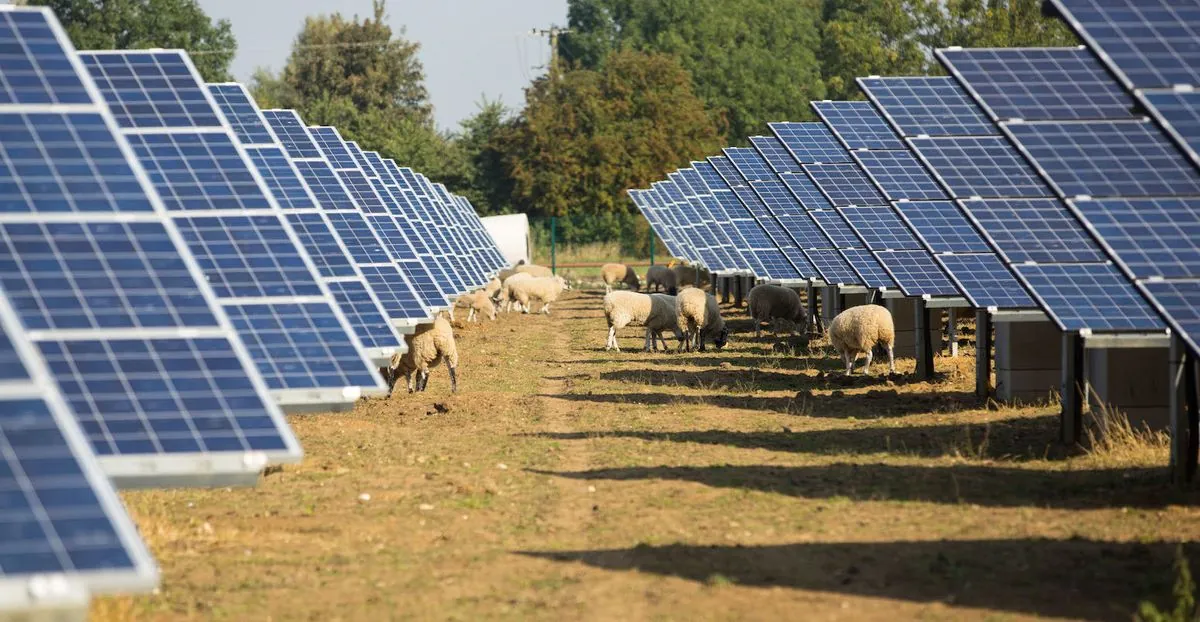Tory Shadow Minister Slams Labour's Rural Policies
Conservative shadow environment secretary criticizes Labour's understanding of rural issues, citing concerns over potential budget cuts and solar farm plans. Labour defends its approach to rural engagement.

In a recent critique, Steve Barclay, the Conservative shadow environment secretary, has expressed strong reservations about the Labour government's approach to rural affairs. His comments come just two months after Labour's electoral victory in July 2024, highlighting a growing concern over the new administration's grasp of countryside issues.
Central to Barclay's criticism is the appointment of Steve Reed as the new Environment Secretary. Reed, who represents Croydon North and was born in St Albans, has been challenged on his ability to comprehend rural challenges due to his urban background. This appointment has sparked a debate about the importance of firsthand rural experience in policymaking.

The shadow minister's concerns extend beyond personnel choices. He points to potential budget cuts in the agricultural sector, reportedly amounting to £100 million, juxtaposed against an £11 billion allocation for public sector pay disputes. This decision, according to Barclay, could have severe implications for Britain's food security, a critical component of national security.
"The truth is Labour don't understand rural communities, and they never will."
Barclay also criticized the government's renewable energy strategy, particularly the approval of Britain's largest solar farm on green land. He argues that this decision threatens high-quality agricultural land and demonstrates a lack of innovative thinking in utilizing urban spaces for renewable energy projects.
It's worth noting that the UK's agricultural sector, while contributing only 0.6% to the GDP, plays a crucial role in food security and landscape management. With rural areas comprising 85% of England's land and housing 17% of its population, the impact of these policies is far-reaching.
In response, Steve Reed has previously acknowledged Labour's past detachment from rural voters and promised a more engaged approach under Sir Keir Starmer's leadership. The Environment Secretary has outlined plans for a veterinary agreement with the EU, access to cheaper clean energy, and a reduction in food imports.
As the debate unfolds, it's clear that balancing agricultural productivity, environmental conservation, and renewable energy development will be key challenges for the current government. With rural areas making up a significant portion of the UK's land and playing a vital role in food production, the policies adopted in the coming months will be closely scrutinized by both sides of the political spectrum.


































